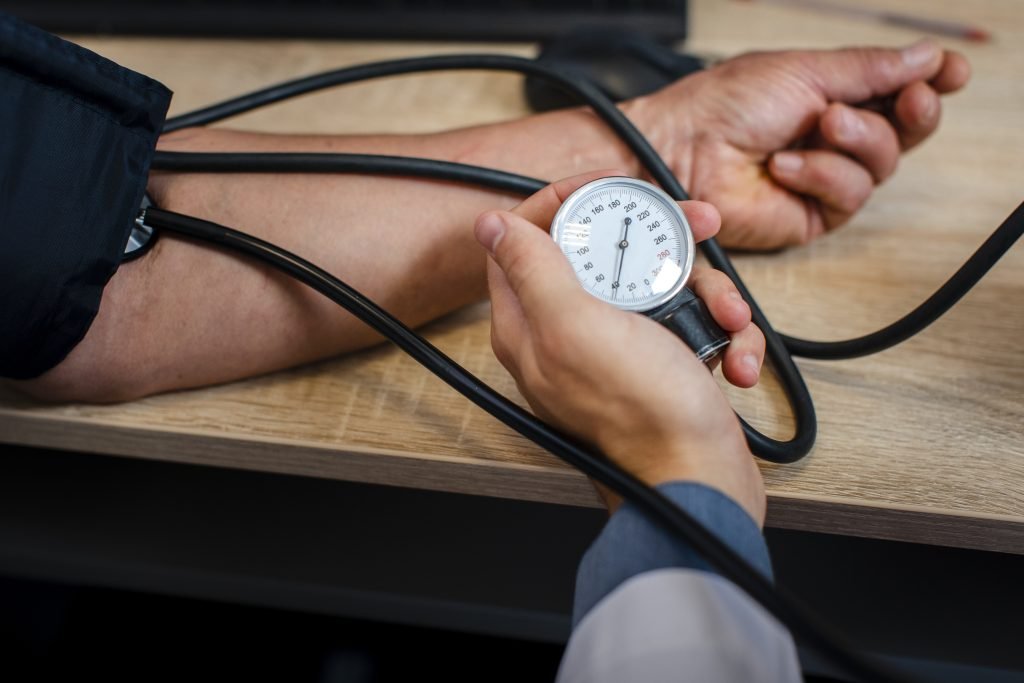Taking your blood pressure regularly is crucial for monitoring your health, but many people make simple yet common mistakes that can lead to inaccurate readings. These errors can cause unnecessary concern or, worse, result in missed opportunities to manage high blood pressure effectively. In this post, we’ll discuss the most frequent mistakes people make when measuring blood pressure and how to avoid them. You’ll learn practical tips that will help ensure more accurate readings, improving your ability to manage your health. Let’s dive into how you can get it right every time!
Common Blood Pressure Mistakes and How to Avoid Them
1. Not Choosing the Right Cuff Size
A blood pressure cuff that’s too small or too large can result in incorrect readings. Many people overlook this crucial detail, but the wrong cuff size can distort results, making it appear as if your blood pressure is either higher or lower than it actually is.
How to avoid this mistake:
- Use a cuff that fits your arm properly, which ensures accurate readings.
- If you’re unsure, ask your healthcare provider for a recommendation based on your arm size.
2. Measuring at the Wrong Time
Taking your blood pressure at the wrong time of day can lead to skewed results. Blood pressure naturally fluctuates throughout the day, and measuring it when you’re stressed, after exercise, or right after eating can give you a false reading.
How to avoid this mistake:
- Take your blood pressure at the same time each day, preferably in the morning before eating or taking medication.
- Try to relax for at least five minutes before measuring.
3. Improper Positioning of the Arm
Improper arm positioning is a common mistake that can lead to inaccurate readings. Holding your arm in the wrong position, either too high or too low, can affect the measurement.
How to avoid this mistake:
- Keep your arm at heart level while taking your blood pressure.
- Rest your arm on a flat surface for support.
4. Not Being Relaxed
Taking your blood pressure when you’re anxious or active can cause temporary spikes in blood pressure, leading to an inaccurate result.
How to avoid this mistake:
- Sit quietly for a few minutes before taking your blood pressure.
- Breathe deeply and try to relax to prevent stress from affecting the reading.
5. Using a Faulty or Uncalibrated Monitor
An inaccurate or poorly calibrated blood pressure monitor can lead to false readings, causing unnecessary worry or missed diagnoses.
How to avoid this mistake:
- Regularly calibrate your monitor, or have it checked by a healthcare professional.
- Replace the monitor if it’s damaged or outdated.
6. Moving or Talking During Measurement
Movement or talking while taking your blood pressure can interfere with the readings and lead to incorrect results.
How to avoid this mistake:
- Stay still and silent while the monitor takes your reading.
- Keep both feet flat on the floor and avoid crossing your legs.
Why Accuracy Matters: The Importance of Proper Blood Pressure Monitoring
Accurate blood pressure readings are critical for preventing and managing hypertension. Regular monitoring helps identify potential problems early, giving you and your doctor the chance to take preventive measures before any serious health issues arise.
By avoiding these common mistakes, you’ll be able to take control of your health and get a clearer picture of your blood pressure.
FAQs About Blood Pressure Monitoring
Q: How often should I check my blood pressure at home?
It’s best to check your blood pressure at the same time each day, especially if you have been diagnosed with hypertension. Ask your doctor for personalized recommendations.
Q: What’s the ideal blood pressure range?
A normal blood pressure reading is generally considered to be around 120/80 mm Hg. Consult with your doctor for guidance specific to your health.
Q: Can stress affect blood pressure readings?
Yes, stress can cause temporary increases in blood pressure. It’s best to measure your blood pressure when you’re calm and relaxed.
Conclusion
Taking accurate blood pressure readings is crucial for managing your health. By avoiding common mistakes, such as using the wrong cuff size or measuring at the wrong time, you can ensure your results are as accurate as possible. Remember, consistency and proper technique are key to monitoring your blood pressure effectively.
If you have any questions or tips to share, leave a comment below! We’d love to hear from you.



